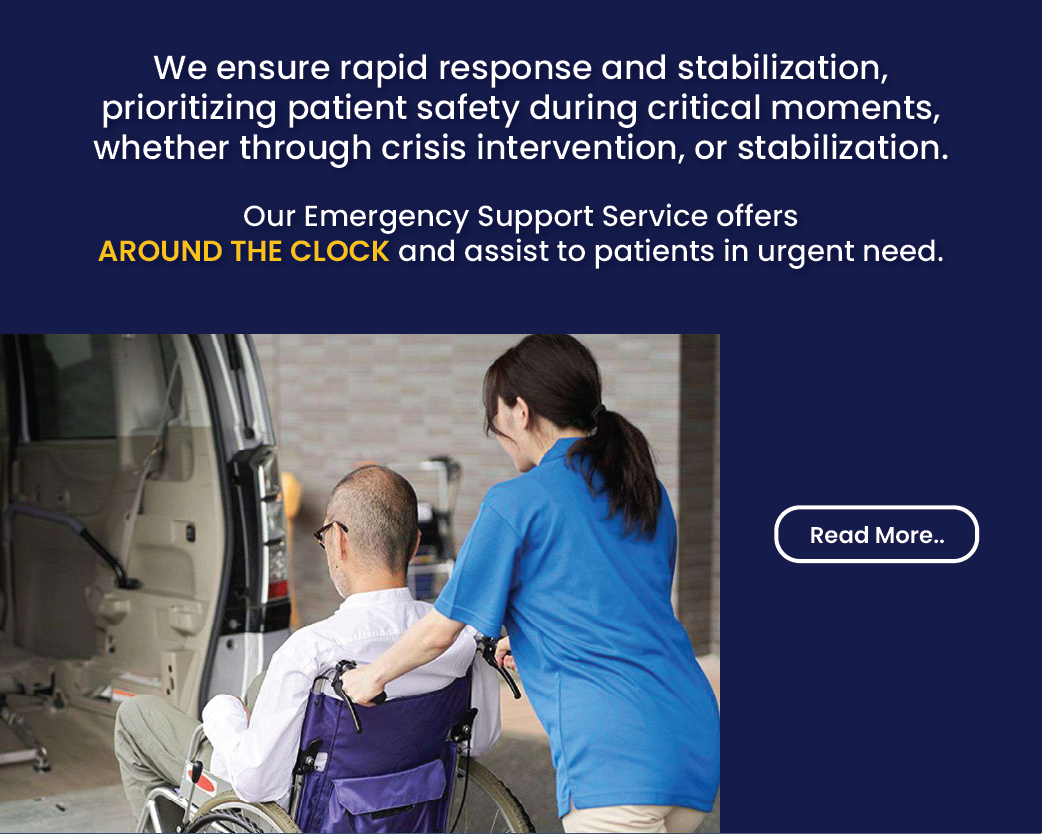Welcome to Athena Behavioral Health: Best Mental Hospital and De-addiction centre in Delhi-Gurgaon
Athena Behavioral Health is dedicated to transforming lives by providing top-tier mental health care and rehabilitation services. Being the best mental hospital in Gurgaon, we assure highly personalized treatment to a wide range of mental health concerns, including depression, bipolar disorder, borderline personality disorder, and schizophrenia.
Why Choose Athena for Mental Health Care Centre?
We know that asking for help is difficult. That's why Athena mental health care centre strive to build an environment that feels safe, compassionate, and supportive enough to warrant recovery. If you're looking for a mental hospital near me, or a psychiatrist near me, Athena Behavioral Health will guide you on your way to wellness.
Our Comprehensive Services
- Inpatient Care : Our secure and welcoming facility offers 24/7 support for individuals requiring intensive care. From mood disorders like depression and bipolar disorder to complex conditions such as schizophrenia and borderline personality disorder, our multidisciplinary team develops personalized care plans to ensure long-term recovery.
- Outpatient Therapy : Athena offers easy outpatient programs with flexible schedules to suit your everyday life. Let our experienced psychiatrists and therapists tailor the treatment in order to regain control over your mental health.
- Mental Health Rehabilitation Center : Come be part of one of the best mental health rehabilitation centers in Delhi NCR. We at Athena specialize in recovery from addiction and trauma and much more. Our approach is holistic, including just the most viable evidence-based therapies along with wellness practices in rebuilding a healthier future.
Call Us On
+91 92890 86193
202, near DPS Public School, Sector 47, Gurugram, Haryana 122001
Schedule Your Meeting Today: Find the Optimal Plan for Your Mental Health Needs with Athena Behavioral Health
Patient Stories


.webp)
.webp)
.webp)


































